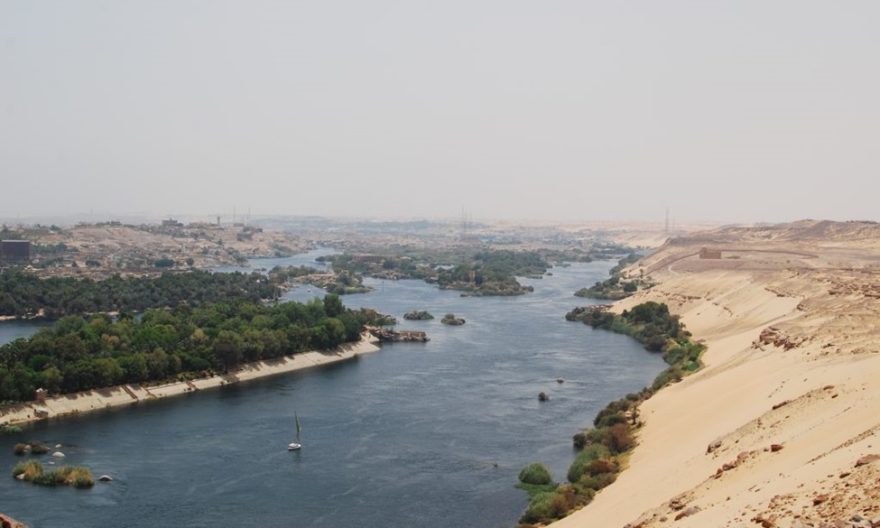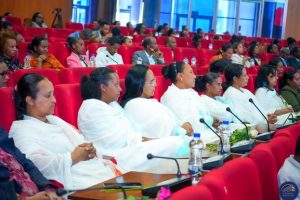
The Nile Basin Initiative (NBI), signed in May 2010 to promote equitable and reasonable utilization of the Nile among riparian countries, is set to establish the Nile Basin Commission (NBC). This initiative has been instrumental in reducing disagreements among member states by ensuring inclusive benefits and moving away from colonial-era agreements that favored downstream countries.
The agreement will become binding once ratified by six member states, at which point it will enter into force. The first task will be institutionalizing the NBC, a key decision outlined in the agreement.
Speaking at the 79th session of the United Nations General Assembly, Ethiopia’s Minister of Foreign Affairs, Ambassador Taye Atske-Selassie, emphasized the country’s commitment to working with the Nile Basin states to ensure the fair and equitable use of water resources, as demonstrated by the signing and ratification of the Nile River Basin Cooperative Framework Agreement (CFA).
The CFA, once fully ratified, will become the first-ever comprehensive treaty governing the Nile, paving the way for sustained cooperation and shared growth across the region. Ambassador Taye underscored that Ethiopia, along with other riparian states, is determined to realize the CFA’s principles and unlock the full potential of the Nile River.
The Foreign Minister also highlighted the role of the Abbay Dam, which is now generating electricity and meeting the energy demands of Ethiopia and the Eastern Africa region. “We hope the remaining riparian countries will join the CFA and play a constructive role in ensuring the equitable and reasonable utilization of the Nile River,” he said.
Water resource development consultant Feki Ahmed Negashtold The Ethiopian Herald that the design for the NBC has been framed after analyzing the basin’s objective realities. He stressed the need for member states to come together to finalize decisions on the formation of the commission. The upcoming Summit of Heads of State in Uganda is expected to make significant strides in this regard.
The Nile River provides vast development potential for the basin countries, and cooperation is key to ensuring inclusive growth and resource sharing. However, recent political tensions in the region, largely stemming from Nile-related issues, need to be addressed and turned into opportunities for collaboration rather than contention.
Feki Ahmed emphasized that the ongoing tensions, particularly involving Egypt’s view of the Abbay Dam stem from a perception of unequal benefit-sharing. He argued that the Abbay Dam does not harm downstream countries, pointing to the successful filling of the dam and the continued functionality of Egypt’s Aswan Dam as evidence. Contrary to fears, no farmers have been displaced. He cautioned that conflict over water could be disastrous, but history shows that trans-boundary river disputes often end in agreements rather than violence.
To ease disagreements and promote equitable and reasonable utilization of the Nile’s water resources, the Nile Basin Initiative (NBI) was established in 2010. The NBI aims to foster cooperation among the riparian countries and develop a framework for managing the river’s resources for mutual benefits.
BY HAILE DEMEKE
The Ethiopian Herald September 29/2024





